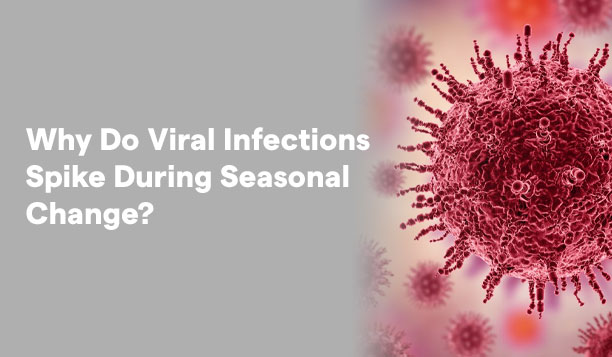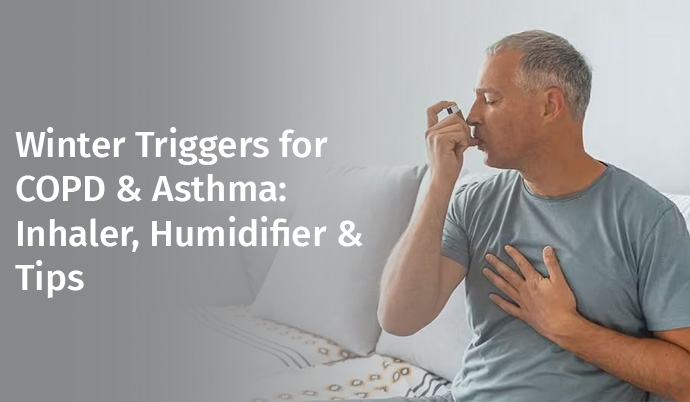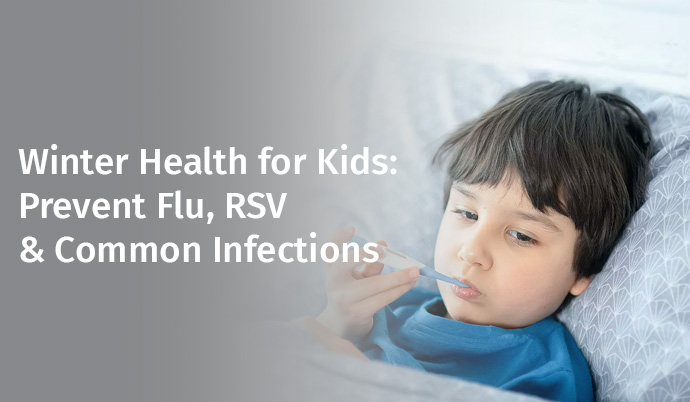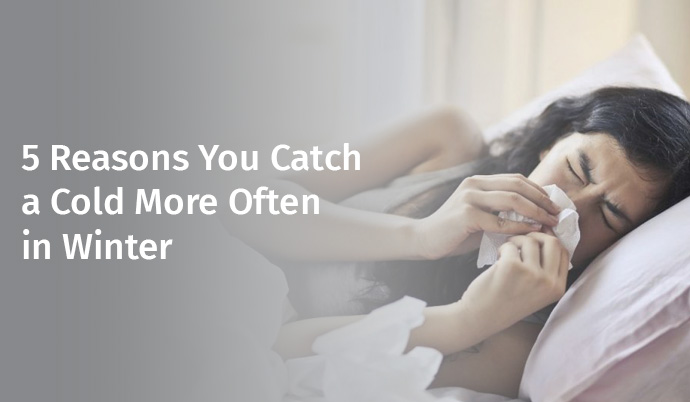
Viral infections tend to show up at certain times of the year, especially during the transition from one season to another. This phenomenon is most acutely felt in India, where the summer, monsoon and winter bring forth seasonal viral diseases. Have you ever questioned why this happens? One should be aware of the reasons for these seasonal surges and how to protect oneself!
1. Seasonal Changes and Weather Conditions
India undergoes different layers of climatic conditions- the hot summer, the wet monsoon, and the obnoxiously cold winter- with each of these transitions providing a conducive gateway to encourage the growth and spread of viruses.
In monsoons, there is increased humidity for viruses to survive and spread in the air, and the more common names such as influenza, dengue, and virus fever will be joined in the list. During the cold winter months, the harsh conditions weaken the immune system, therefore being the reason why infections like flu, common cold, and respiratory infections seem to spread more easily. A warming and cooling of the atmosphere undermines body defenses and gives rise to viral infections.
2. Decreased Immunity During Seasonal Transition
The immune system usually takes time to adjust to changes in weather conditions. Any sudden temperature change exerts stress upon the body, thereby making it less likely to fight infections. Specialists from the best medicine hospital in Delhi highlight that factors such as low sun exposure (and hence, low Vitamin D), low hydration, and changes in diet also play a key role in being unfavorable to immune responses.
3. The Greatest Airborne Spread
Viral infections, particularly respiratory viruses like flu and COVID-19, have been known to spread through air droplets; therefore, there are more chances of the virus spreading in winter due to indoor settings with poor ventilation. Similarly, during monsoons, damp and crowded places are all breeding grounds for such infections.
4. Festive Gatherings and Public Events
India is a country full of festivals exorbitantly during this time of the year. Be it Durga Puja, Diwali, or Christmas, they form social hubs. The greater the mass, the greater the chance of virus transmission from person to person.
5. Poor Hygiene and Sanitation
While urban India has undergone rapid transformation in sanitation, there are still regions where clean water supply and waste disposal remain dire concerns. Waterlogging and seepage into drinking water during monsoons massively increase the risk of waterborne virus diseases, such as hepatitis A and E and gastrointestinal infections.
6. Air Pollution Aggravates Many Respiratory Disorders
Post-monsoon and winter months in India witness increased pollution levels, especially in cosmopolitan cities such as Delhi, Mumbai, and Kolkata. Pollution results in bad lung function, which predisposes one to infection in quick succession such as bronchitis and pneumonia.
7. Increased Mosquito Activity
With the onset of the monsoons, stagnant pools of water provide a perfect breeding environment for mosquitoes. As a result, the mosquito-borne viral infections dengue, chikungunya, etc., surge. Millions of patients suffer from these infections each year in various parts of the country, although there are preventive measures in place.
8. Schools and Workplaces as Viral Hotspots
With schools, colleges, and offices reopening after the seasonal breaks, close human interactions become unavoidable. Children, in particular, become prone to infections because of their low immunity and group activity levels that favor transmission.
How to Protect Yourself?
With reasons understood concerning why viral infections have become unavoidable, let's take a look at some really simple yet effective means of keeping oneself safe:
While viral infections are bound to occur with seasonal shifts, taking certain precautions will keep them at bay. Staying safe will give you the confidence to fight for yourself and your family against infections, come what may, through information, hygiene, and a healthy lifestyle. So when someone sneezes around you again, you'll be damn sure why it's doing so-and even more smart to avoid catching it. So remember to stay safe and healthy! If you are experiencing persistent symptoms of flu, common cold, and infections, book an appointment at Sir Ganga Ram Hospital today.




